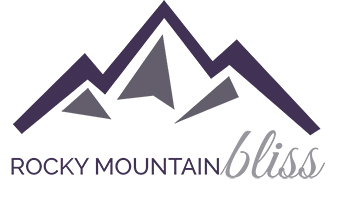I graduated college with a degree in journalism in 2008. At that time my options for a job in journalism was non-existent. Online media had begun to shutter print publications and that was just the tip of the iceberg to where we would be today. Reeling off the news that over 1,000 journalists at Buzzfeed, Huffington Post and Gannett lost their jobs in the last week, with more to be laid off in the near future, it forces us to ask what this flooded market of job seekers is going to do to the industry as a whole.
In the freelance world it’s already a battle to find paying publications, let alone ones that are willing to pay enough to maintain a consistent income. One off articles here and there for $50, $175, $200 are not nearly enough to justify a full time job. As hundreds of people begin to battle for the limited full time opportunities remaining it’s likely more will land as freelancers, bringing decades of expertise and award winning bylines to an already scarce handful of decent paying freelance opportunities, in turn driving the remaining rates available even lower.
Just one year ago the local Denver daily laid off 1/3 their workforce, leaving small group of employees left to cover daily news for a community of over 2.8 million individuals. Today when you pick up a copy of The Post, most of the articles are syndicated from the Associated Press, losing coverage of local news and business nearly entirely. As a consumer, I have no problem paying for the paper if I had confidence there was going to be local, relevant news.
How can a barebones staff of 50 or so writers be responsible for producing enough content for an entire Daily newspaper? Their inboxes are flooded with press releases and calls for coverage from the local community but with only 24 hours in the day, most are left unanswered and who can blame them? This puts local businesses and non-profit organizations into a quandry. They need coverage and exposure but they can’t seem to obtain it without paying for advertising that we already know is being ignored.
As a nation built on the premise of free press, where are we supposed to get our news? Does free press in this era mean that the media are expected to literally work for free?
The result of dropping wages has forced many journalists to turn to payola, working brand mentions and SEO friendly backlinks into notable publications like Forbes or Fast Company in exchange for additional pay. If the ethics of journalism are thrown out the window, how do we know what or who to trust? Is there anything or anyone we can?
There is no solution in sight and the issue will only continue to be compounded over the coming months. Placing news behind a paywall has proven over and over again to be short term solution to a much bigger problem.
For decades before the internet, advertising was the backbone of the press, covering staff salaries, travel expenses and even buying products for the reporters to review them. Advertising is what subsidized the media, allowing for coverage free of both censorship and bias.
If we want to return to a world of effective and ethical journalism, as a society we need to help make advertising work again. Click on a banner ad, buy a product, tell a restaurant you saw them in a travel magazine. It sounds like an over simplified solution, but it’s not. We are in control of the free press and if we want truthful media coverage, written by skilled writers, we need to support the best ways to keep that press what it was intended to be, free.




No Comments